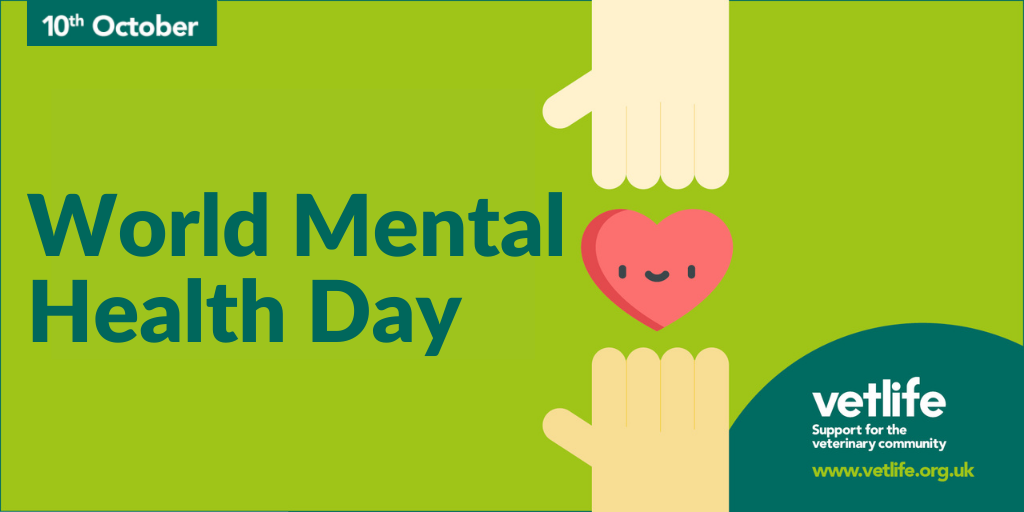Through the COVID-19 pandemic the veterinary profession has adapted and continued to be there for animals under our care, our clients, and for society in a range of roles in pandemic response. Adapting to change and working in a context of unprecedented restrictions means protecting and looking after our mental health is more important than ever. Looking ahead to coming months, what can we do to look after each other and ourselves?
-
Acknowledgement and thanks
Thanking staff for the challenging work undertaken through the pandemic and the way they have responded and supported each other is key. Evidence suggests appropriate acknowledgement of challenging work undertaken may support resilience (Greenberg 2020, McCanlies 2018). It is important as part of this to also recognise that people may be experiencing difficulties and to make sure they have information about support that is available.
-
Give time to rest and recover
After months of challenging work and adaptation, many people are feeling a depleted and tired. This is normal given what we’ve been through and it’s important we recognise this and make space for veterinary staff to rest and recover. This can involve good facilities and structures for breaks at work, ensuring people are able to take annual leave, and sometimes novel ideas such as employing locum cover to give staff an extra day or weekend off to decompress.
-
Horizontal and vertical supports
Horizontal supports are from peers and immediate colleagues at work. These are vital for day to day support and coping in veterinary workplaces. Giving staff time and good facilities for informal conversations such as coffee breaks or debriefing after difficult cases supports veterinary workplace health and wellbeing (Allister 2020). Vertical supports from line managers are crucial too, and have a key role in mental health at work. Line managers should be supported and trained in active listening techniques and well supported and supervised themselves.
-
Support wellbeing
Sleep, nutrition, physical activity, human connection and time for activities people enjoy all have key roles in wellbeing. It’s been difficult through the pandemic to maintain all of these at times, and this is a busy time of year for many veterinary practices, so making time and supporting activities that help people to maintain their wellbeing matter more than ever.
-
Sense making
The changes we have faced in the veterinary professions through this year have been unprecedented and many veterinary professionals have faced challenging situations. Creating spaces for veterinary professionals to process and make sense of these is important, particularly following ethical dilemmas and situations where staff have had to act outside their normal ways of working and felt compromised and exposed to morally distressing situations. Sense making in these circumstances, without blame, may reduce the risk of psychological harm (Greenberg 2020). Examples of spaces might be reflective practice sessions, Schwartz rounds, or other similar groups where peers can reflect, listen, and support each other.
Acknowledgement, rest, support, self care and spaces to make sense of challenging situations may help to support veterinary professionals in the months ahead. Vetlife Helpline is available 24 hours a day for everyone in the veterinary team, and can be contacted on 0303 040 2551 or via email.
References
Allister, Rosie. 2020, The Veterinary Transition Study- investigating the transition from veterinary student to practising veterinary surgeon: prospective cohort study, The University of Edinburgh, Edinburgh.
Greenberg, N. 2020, Mental health of health-care workers in the COVID-19 era. Nat Rev Nephrol 16, 425–426. https://doi.org/10.1038/s41581-020-0314-5
McCanlies, E. C. et al. 2018. The effect of social support, gratitude, resilience and satisfaction with life on depressive symptoms among police officers following Hurricane Katrina. Int. J. Soc. Psychiatry 64, 63–72.



